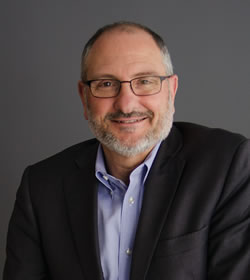By Nick Colucci, Publicis Health CEO
July 21, 2016 — I was moved by a recent op-ed in The New York Times written by former hedge fund trader and CEO of Everytable Sam Polk, which shed harsh light on how the persistence of “bro” talk continues to isolate and keep down women working in Wall Street. The seemingly rampant sexism and misogyny of Wall Street culture runs counter to everything that our enlightened society believes and supports, and reading the article provoked a flurry of feelings, ranging from sadness, guilt, pride and hope.
I felt sadness because it’s 2016, yet we’re still talking about the fight for gender equity, and guilt because I have at different times in my own experience not done enough to stand up and fight for what is right. As much as I’d like to believe that healthcare and communications are light years ahead of the boorish behavior reflected in some of the darker corners of the financial industry, I recognize that there’s still plenty of work to be done when it comes gender parity.
In recent months, the spotlight has once again shined on the advertising business for gender and racial bias. Nearly 50 years after the New York City Commission on Human Rights took the industry to task for its lack of diversity, the issues endure. On the healthcare front, I was alarmed to see a recent analysis published in JAMA Internal Medicine that showed female physicians at some of the nation’s most prominent public medical schools earned nearly $20,000 less a year on average than their male colleagues. Despite the fact that medicine has achieved gender equity with equal representation of genders in medical school admissions, practicing physicians are faced with one of the largest pay gaps between sexes among professionals.
There may be some who have grown tired of talking about gender and racial parity. Haven’t we moved past this yet, they ask? The truth is, we haven’t. As long as imbalance in pay and representation at all levels of organizations exist, we must press on. I’m a proud, longtime supporter of organizations such as Healthcare Businesswomen’s Association, which does a phenomenal job at supporting and celebrating the achievements of women and their allies in healthcare. I also know that Publicis Health is better, smarter and stronger because more than 50 percent of our executive leadership team is female.
Change may be slow, yet I remain committed to be a part of the change we all need, and hopeful that more and more will join the cause by making it personal.
[Editor’s Note: An abbreviated version of this column first appeared in the CHC SmartBrief “Coalition Speaks” forum.]




